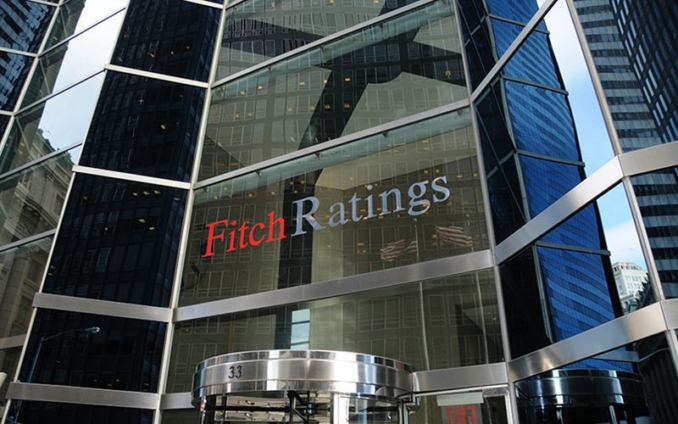International ratings agency, Fitch is forecasting a fiscal deficit to Gross Domestic Product of 10.5% for Ghana in 2020.
This will be more than twice the 2019 commitment basis deficit of 4.7 percent.
The government had brought the commitment basis deficit to below 5.0% in 2017-2019, following the 2016 election-year blowout.
The ratings agency said cash deficits remained high as the government paid down domestic arrears and realised the cost of contingent liabilities in the banking and energy sectors.
The cost of bank recapitalisation added an estimated GHS18 billion (5.5% of 2020 GDP) to cash deficits over 2018-2020.
Clearing arrears in the energy sector also added 1.6% of GDP to the 2019 deficit and Fitch assumed it will add an additional 1.0% a year through 2023.
Election spending on deficit
Fitch forecast the cash deficit to narrow to 7.1% of GDP in 2021 and to 6.0% in 2022, but a failure to consolidate following the December 2020 presidential election is a key risk to its projections.
Such risks it said were illustrated by the Mid-Year Budget Review and the 2021-2024 Budget Preparation Guide, released in August 2020. Both indicate a very gradual path to deficit reduction following 2020's fiscal expansion, but Fitch believes that only after the election will there be more clarity around the medium-term fiscal framework.
Fitch's baseline fiscal scenario assumes that the government continues to under-execute its capital budget and that most of the COVID-related expenditure is removed from the budget by 2022, while revenue returns to pre-2020 levels.
“Evidence that Ghana's post-election fiscal strategy would lead to a higher public-debt trajectory could be a source of downward pressure on the ratings. Furthermore, the election itself brings additional risk in the form of off-budget spending or the building of domestic arrears, which has led to fiscal crises in previous electoral cycles”, it said.
World Bank fiscal deficit projection
The World Bank had earlier projected a much lower fiscal deficit of 7.2% of Gross Domestic Product for Ghana this year, lesser than the government’s revised forecast of 12.2%, according to its Africa Pulse Report.
Government had earlier projected a fiscal balance of -4.4% of GDP, but covid-19 compelled it to revise the target by a wider margin.
However, recent pick-up in economic activities which is expected to bring in some needed revenue may have led to this adjustment. Nevertheless, the country’s fiscal deficit-that is the shortfall in revenue compared with spending – is expected to be second to South Africa, in Sub Saharan Africa
Latest Stories
-
Obama calls Trump’s freeze of Harvard funding ‘unlawful’
23 minutes -
Albert Kobina Mensah: Observed or discovered?
24 minutes -
US tariffs will make global trade shrink, says WTO
25 minutes -
UK bans EU cheese and meat imports to prevent disease spreading
25 minutes -
NPP to begin nationwide Thank You Tour after 2024 election defeat
26 minutes -
GPL 24/25: Aduana Stars defeat spiritless Hearts of Oak
27 minutes -
NPP urges judges to resist attempts to remove Chief Justice
28 minutes -
Agric Minister signs $1m deal to boost food production and support women in the North
36 minutes -
Adamu Yakubu confirmed as Sissala East MCE with overwhelming support
51 minutes -
GPL 24/25: Dacosta Aboagye’s first half goal secures win for Basake Holy Stars
2 hours -
Akufo-Addo must take responsibility for NPP’s defeat – Dr. Amoako Baah
2 hours -
Joy Prime’s Big Chef Junior to unveil 12 contestants for Season 4
2 hours -
I haven’t sacked anyone – Petroleum Hub CEO clears air
2 hours -
GPL 2024/25: Asante Kotoko relinquish top spot after heavy defeat to Accra Lions
2 hours -
Feed Ghana initiative will solve Ghana’s food problems – Casper Kampoli
2 hours

